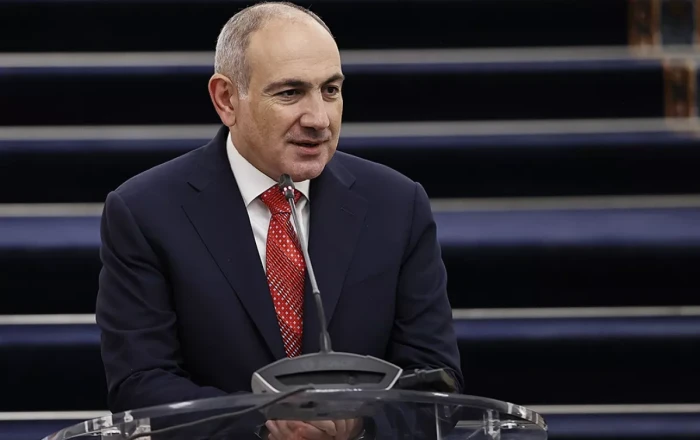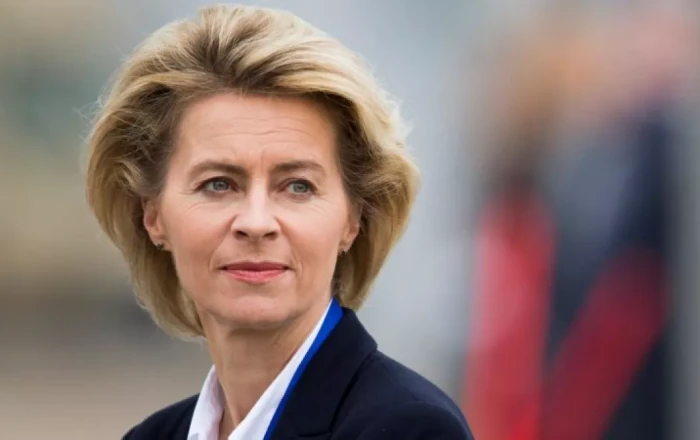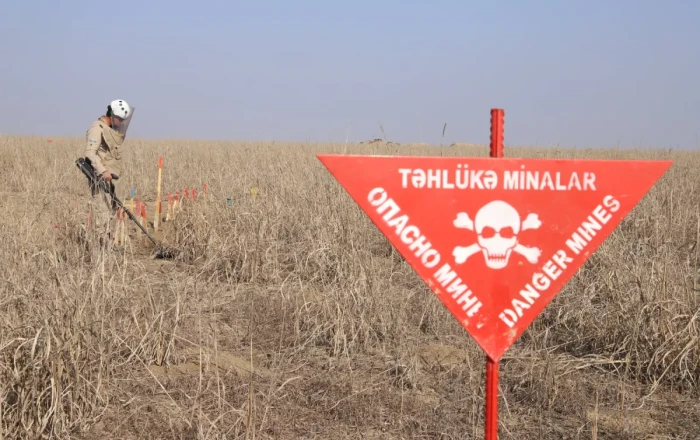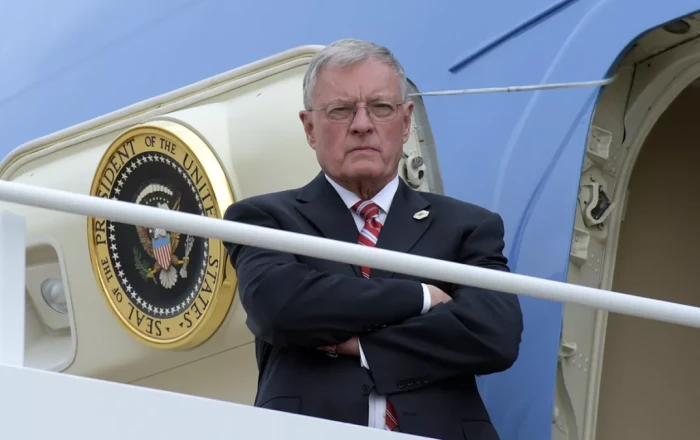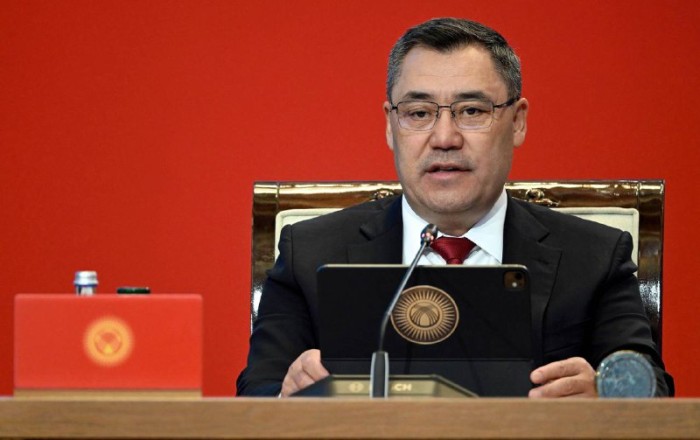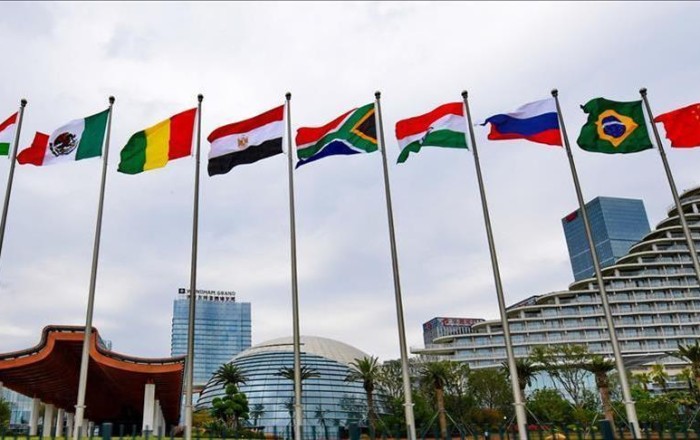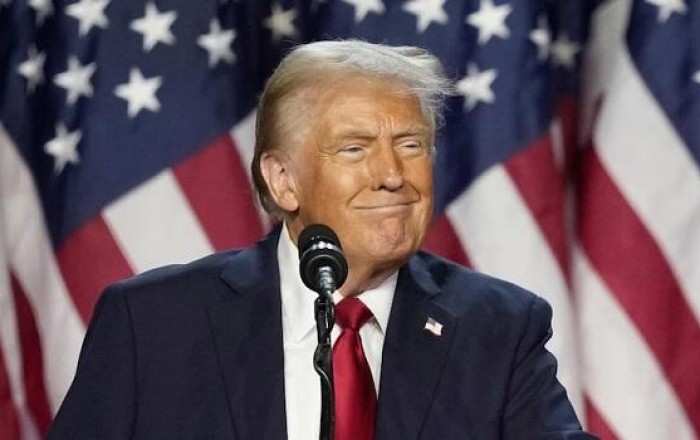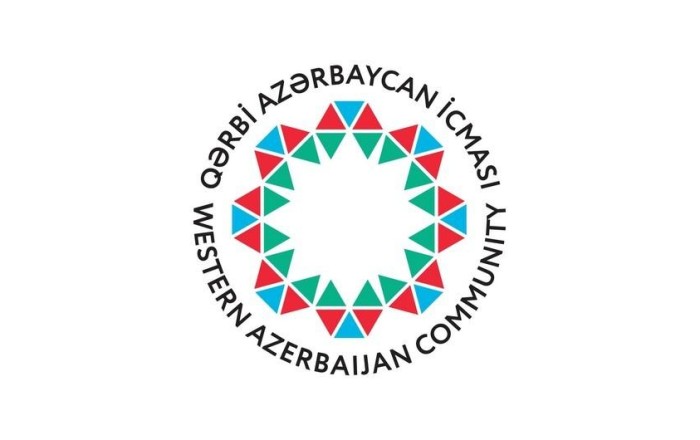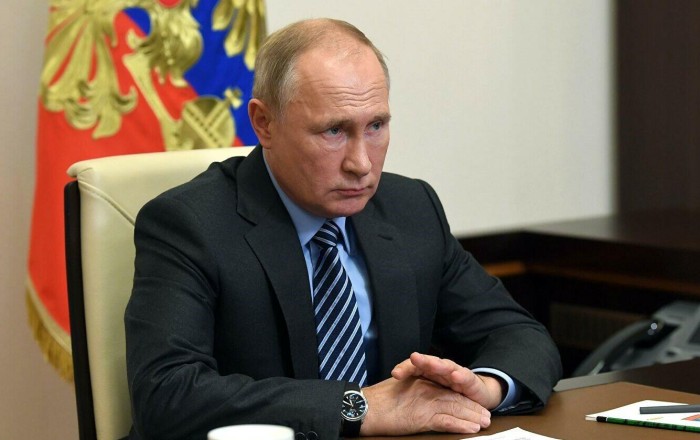Baku, June 28, AZERTAC
As a new world order takes shape, profound changes are occurring in the system of political relations. Alongside global actors, regional powers are also strengthening their positions and actively engaging in geopolitical processes.
This trend is evident in the post-Soviet space as well. Former Soviet states are increasingly prioritizing multi-vector foreign policy strategies outside Russia’s orbit, which conflicts with the Kremlin’s ambitions. Consequently, recent years have seen undesirable treatment of non-Slavic populations, particularly migrants, in Russia, accompanied by the application of traditional pressure tactics, Gunay Agamali, a member of Azerbaijan’s Milli Majlis told AZERTAC.
Agamali stated: “Naturally, our compatriots living in Russia are also subjected to this rhetoric, which cannot but concern us. The chill in Kremlin-Baku relations following the downing of an AZAL aircraft is entirely due to Moscow’s stance. Russia has yet to fulfill its obligations regarding the incident adequately. On the contrary, the biased anti-Azerbaijani rhetoric in Russia’s information space is clearly coordinated. Manipulative statements by Kremlin-aligned media figures like Vladimir Solovyov indicate that this is not a spontaneous process but a centrally managed trend. It is evident that some political forces in Russia still cannot accept Azerbaijan’s military successes in the 44-day Patriotic War and thereafter.”
Agamali noted that Azerbaijan’s diplomacy, led by President Ilham Aliyev, operates successfully across all spheres based on a multi-polar policy strategy, minimizing external influence attempts. In this context, Russia’s efforts to revive old narratives by attempting to change the government in Armenia, where it seeks to strengthen its foothold in the South Caucasus, are predictable. However, certain circles in Russia must understand that continuing anti-Azerbaijani rhetoric could irreparably damage bilateral relations.
Source: azertag.az



